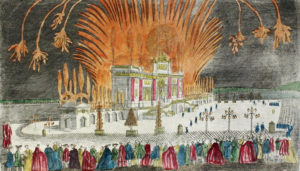
We are finally ready to launch our newly redesigned website. It’s time to celebrate at last.
We hope you will like our new look and feel, but appearance is probably among the least important changes we have made. Alasdair has added many useful and unique features that I’m sure will make your book hunting both easier and more productive. Among them we hope you will be pleased to discover the following:
- Our site is now mobile friendly and easy to navigate across the full range of devices from smart phones to desktops.
- We have added a sidebar to the left-hand column of the search results page that lets you examine and filter the data received in your search results. This provides a distribution breakdown for location; sources; first editions; signed, and dust jacketed copies; PODs; ISBNs and illustrated items. Use these to create refined and targeted results when initial results are too numerous to read to the end.
- Searches can be limited to books shipped from specific countries only. Multiple countries can be selected, but if only a limited number of satisfactory results are returned from your home country you can try looking elsewhere guided by the totals shown in the sidebar .
- Our popular library search tool has been updated to allow users to mark their most frequently used catalogues and automatically group them at the top of the list.
- Browsers can limit their searches to illustrated items only.
- Timed online book auctions are now also being included in searches. At present this is limited to eBay and Catawiki, but we expect to be adding other auctions in the future. Libribot will start searching those auctions soon.
- We can now block from all your search results any booksellers you may wish to exclude. Clicking on the round “stop” symbol next to the dealer’s name is all you need to do. We are also often able to recognise when one bookseller is listing the same books using different names. In that case we will consolidate the multiple listings under a single name, and if you choose to exclude one of those sellers then we will exclude them all.
- On our home page we now have a simple search form (author, title, keyword) as well as our usual advanced form that includes over 20+ filtering options.
- We now have a flexible selection tool that simplifies several bulk operations including Libribot and clipboard management, special list creation, social media sharing, search result pruning and social media sharing.
This is only a partial list of the new features and improvements that are being introduced today. If you want to explore even further how to make the most of viaLibri we suggest that you try reading the lengthy search help pages that have also been updated to accompany our redesign. You will find them here:
https://www.vialibri.net/content/search-help
And more exciting things are on the way. In the future we plan to continue adding new features as they are developed rather than waiting to group them together in a single major update, as we are doing today. Going forward, we plan to always have some new feature or upgrade in the works. The “beta” badge you see next to our logo reflects that. We will probably remove the badge before too long, but the condition it refers to should be perpetual. And for the substance of that future content we hope that the valuable suggestions and feedback we have always received from our users in the past will also be perpetual. The newly redesigned website you see today has come from there.

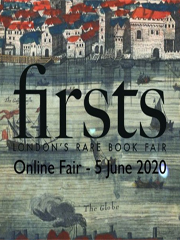

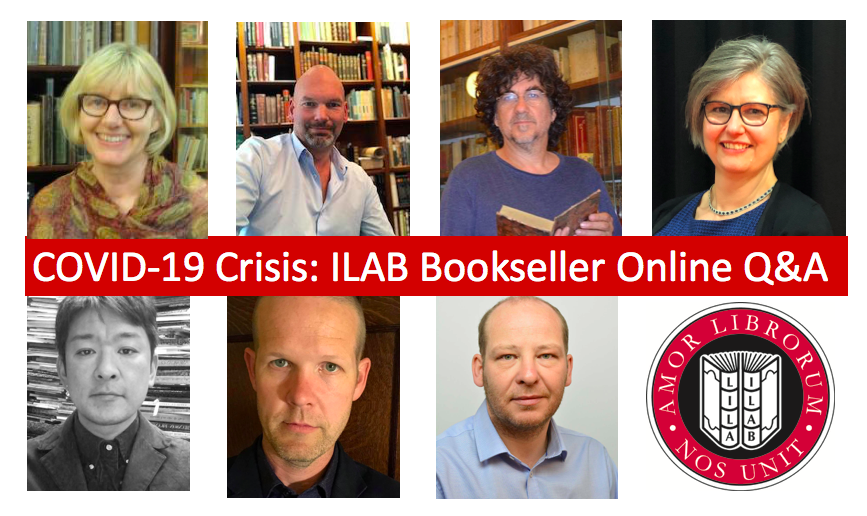 The ILAB has organised a ZOOM webinar for members of the worldwide book trade to discuss the COVID-19 pandemic and its impact on their business now and in the future
The ILAB has organised a ZOOM webinar for members of the worldwide book trade to discuss the COVID-19 pandemic and its impact on their business now and in the future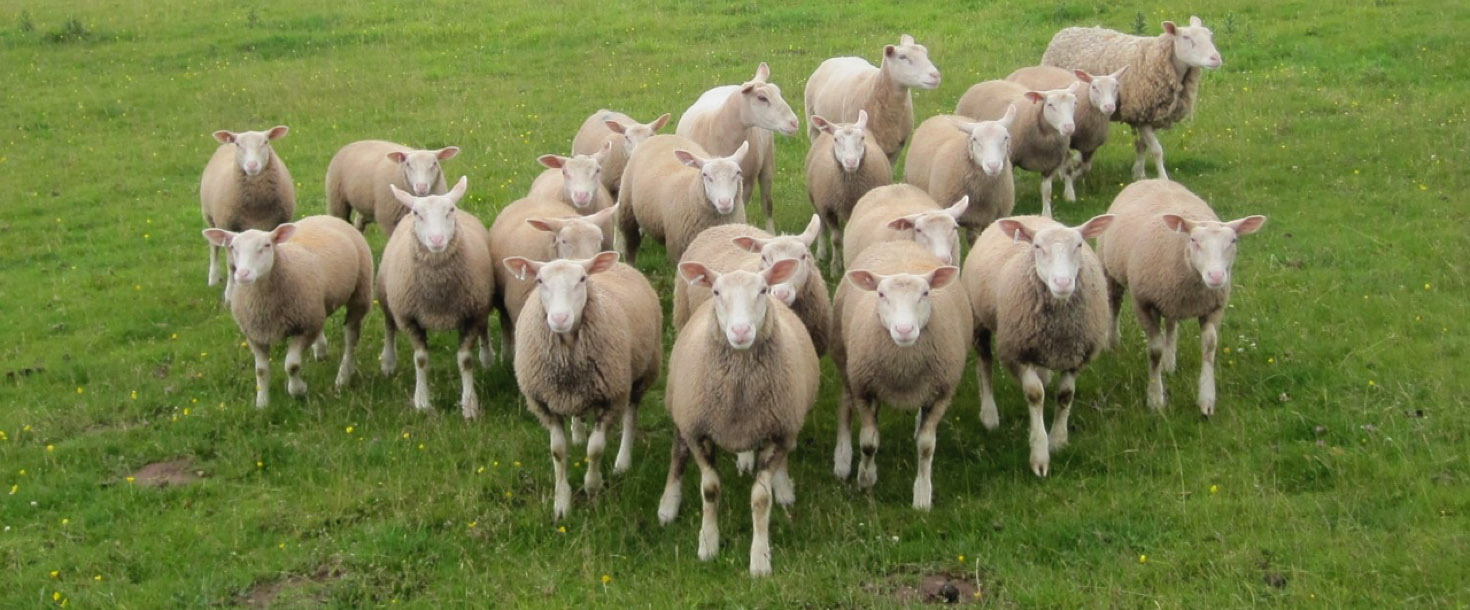 I recently listened with great interest to an online recording of the 2019 Malkin Lecture delivered last month at the Rare Books School in Virginia by Heather O’Donnell and Rebecca Romney. Its provocative title was: “The Right and Wrong Ways to Collect.” If you missed the live performance and haven’t yet caught the recorded version then I would strongly encourage you to click this link –
I recently listened with great interest to an online recording of the 2019 Malkin Lecture delivered last month at the Rare Books School in Virginia by Heather O’Donnell and Rebecca Romney. Its provocative title was: “The Right and Wrong Ways to Collect.” If you missed the live performance and haven’t yet caught the recorded version then I would strongly encourage you to click this link – 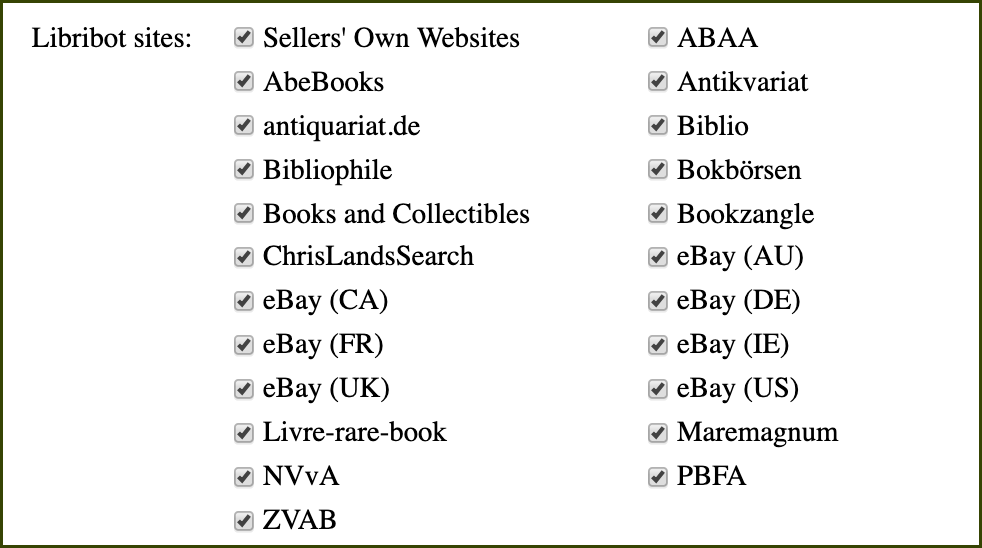
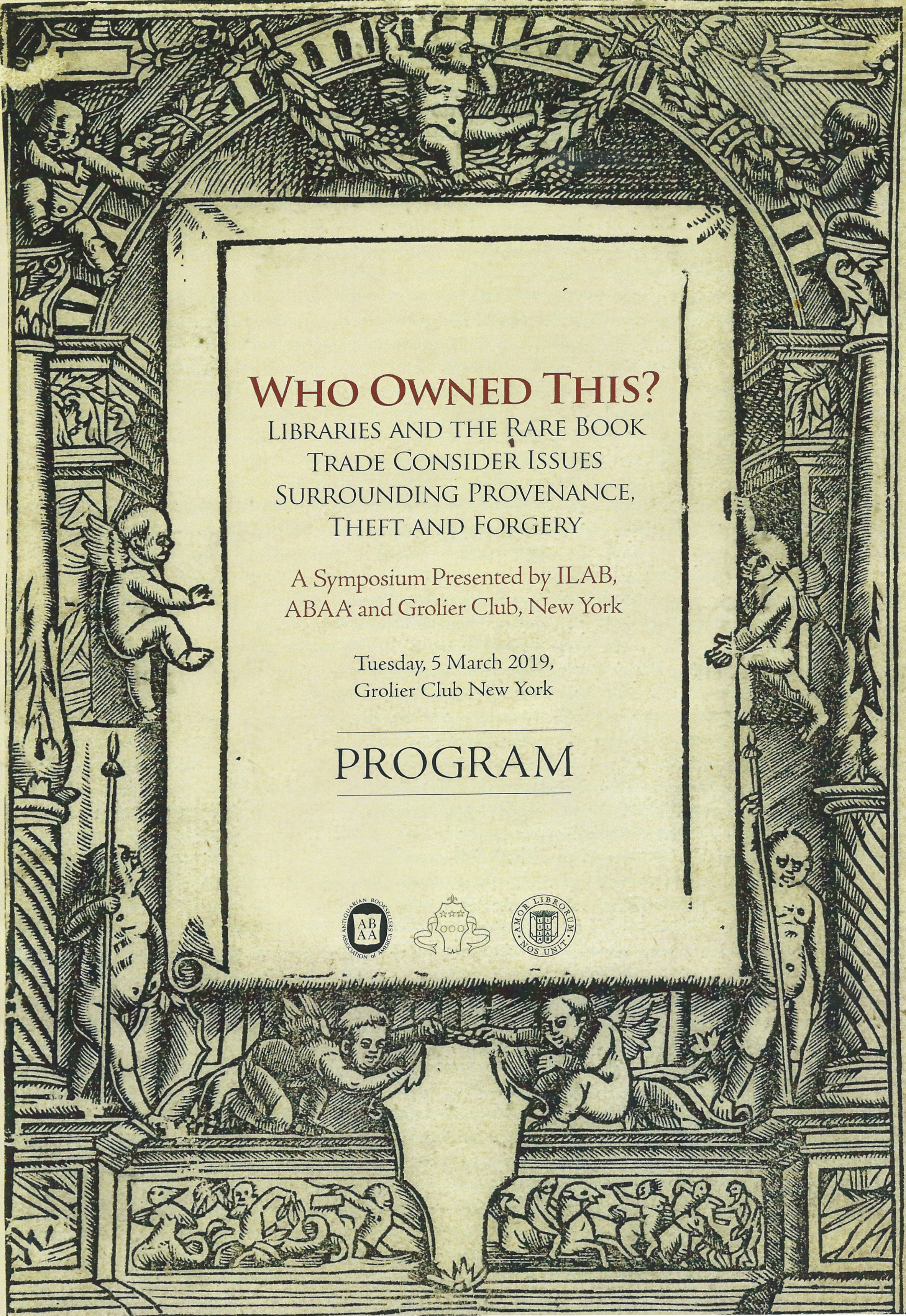 The 8 speakers spoke on various subjects relating to the difficult but timely problems faced by booksellers and librarians in connection with provenance, theft and forgery. I was honored by being assigned the closing position and used it to consider these subjects with a particular regard to the use of databases to protect from theft, recover stolen books and establish provenance. At the end I ventured a few general speculations about how the database technologies of the future may be even more useful for these purposes, including a preview of some of the things that viaLibri will be doing to make use of these technologies. The title of my paper was: “
The 8 speakers spoke on various subjects relating to the difficult but timely problems faced by booksellers and librarians in connection with provenance, theft and forgery. I was honored by being assigned the closing position and used it to consider these subjects with a particular regard to the use of databases to protect from theft, recover stolen books and establish provenance. At the end I ventured a few general speculations about how the database technologies of the future may be even more useful for these purposes, including a preview of some of the things that viaLibri will be doing to make use of these technologies. The title of my paper was: “